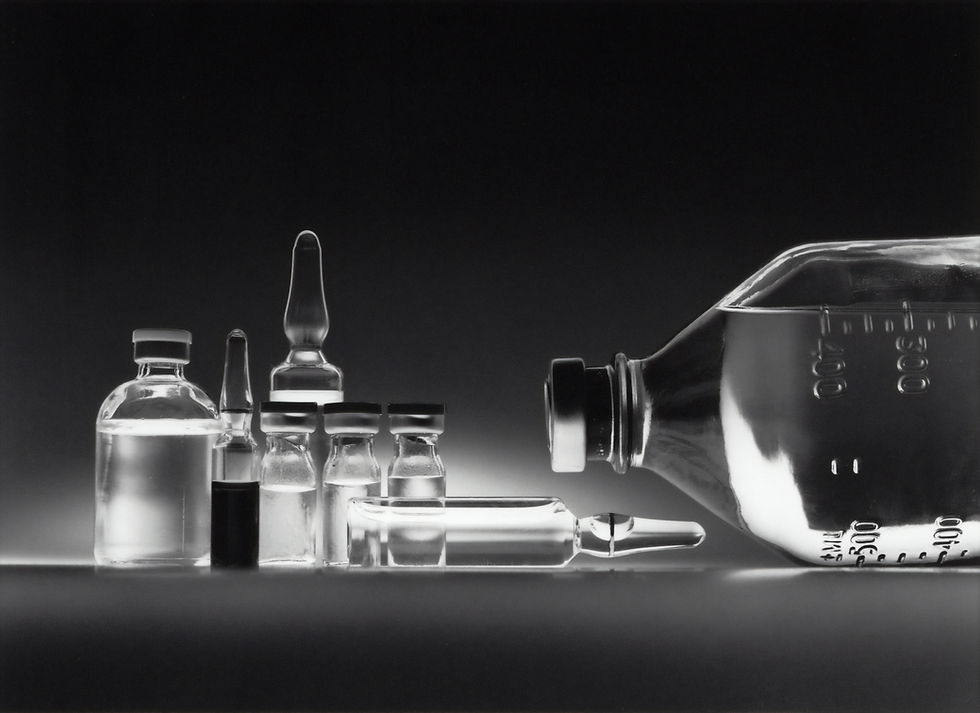Granulation & It’s Importance In Tablet Manufacturing Process
- SIDDHARTH PATEL
- Oct 21, 2021
- 2 min read

Before we go into the importance of granulation in pharma tablet manufacturers in India in the pharma industry, let’s understand what granulation means? Granulation is the process of converting primary powder particles into a large, multiparticle entity which is called a granule. Typically, a multiparticle entity that is larger than 0.2mm and smaller than 4mm is called granule. The size depends on the subsequent use of it.
Why is it considered necessary in a tablet manufacturing process?
In a pharma industry that makes tablets, the granulation process is considered quite valuable. It is because it directly affects the quality of production. Granulation brings the following benefits.
It improves fluidity
Fluidity means to flow. Granules flow much easily and freely as compared to the fine powder. They do not stick to the surface. Thus, there is no loss of material. Also, the efforts in cleaning and maintenance of equipment reduce.
It decreases segregation of powder components
When tablets are made from a mixture of powders, there is a high risk of them segregating in one place. Thus, the composition gets disturbed, and the quality gets affected. Granulation decreases the possibility of segregation.
It reduces dusting
Fine powders get spread in the surrounding. Thus, there is a loss of raw material. Also, dusting increases health hazards to the workforce. The housekeeping and maintenance activities increase because of the fine dust.
Increased compressibility
Granules are more compressible than a fine powder.
What are the different types of granulation?
Two types of granulation techniques are used in the pharma industry.
(1) Dry granulation
In dry granulation, the primary powder is put under high pressure to aggregate the powder particles. Two processes are used in this method. Using the ‘slugging’ process; a large tablet or slug is produced by compressing the fine powder. Using a ‘roller compaction’ process; a sheet of material is produced by squeezing the fine powder between two rollers. Dry granulation method is ideal for powders that are sensitive to moisture.
(2) Wet Granulation
In the wet granulation process, the fine dry primary powder is mixed with a special granulating fluid. The fluid contains a volatile, non-toxic solvent. A binder or binding agent is also used to make sure that the particles remain integrated after drying. Organic solvents are used when the drug is water sensitive.
The screening process separates granules and fine material and sends the powder for recycling. Thus, granulation is a vital process in manufacturing tablets. Stringent quality checks are needed while converting the powder into granules.






Комментарии